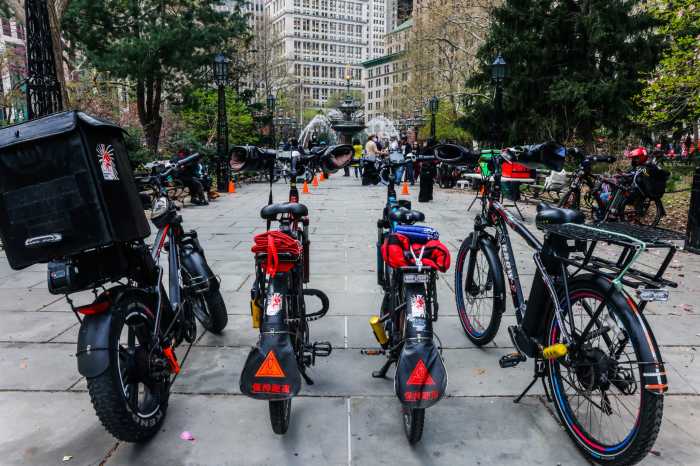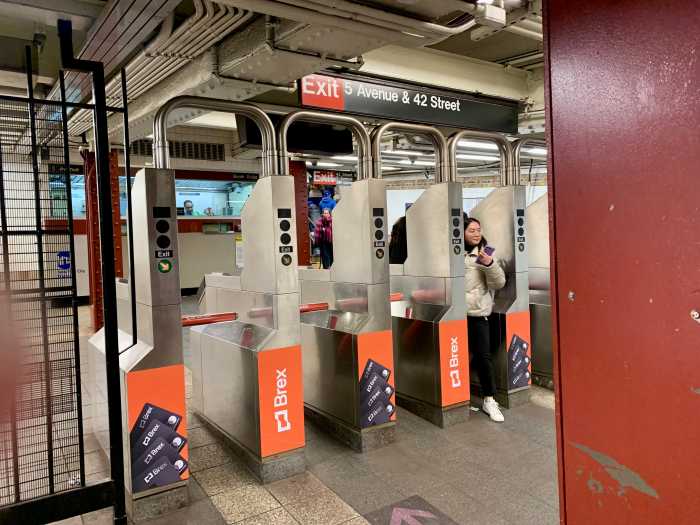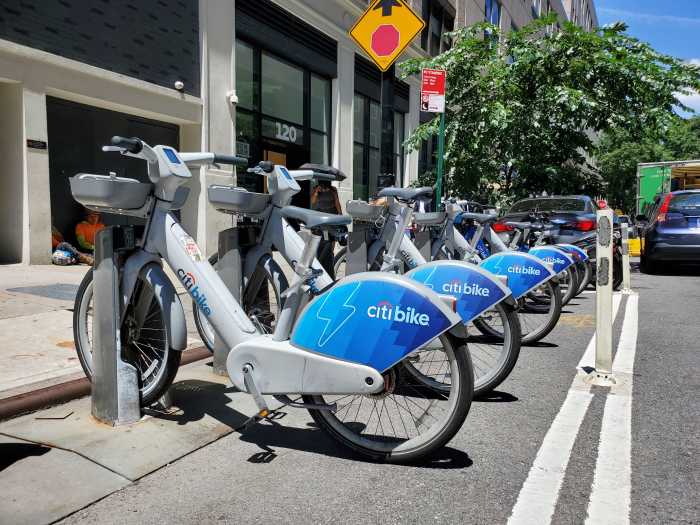The city could be locking out the neediest from its new program to provide discounted MetroCards for low-income New Yorkers, according to advocates.
The Fair Fares program, currently in development to launch in January, will offer half-fare MetroCards to New York City residents living at or below the federal poverty line (those with a household income of about $25,000). City Council Speaker Corey Johnson, Mayor Bill de Blasio and advocates have celebrated the measure as major victory for a more equitable city.
But a recently revealed stipulation has sparked concern: The program only covers seven-day and 30-day MetroCards, which would cost $16 and $60.50 respectively. Even with the steep discount, critics feel the poorest applicants could still face challenges with such an upfront cost. There are also calls for the program to apply to all MetroCards, including single-use and bonus-based purchases.
“Our vision was that the Fair Fares would enable you to buy any fare type of MetroCard that you wanted at half price,” said Nancy Rankin of the Community Service Society of New York, which has championed the program alongside Riders Alliance. “Choice is important for consumers, but especially for the people who are the most financially constrained and are really watching every dollar that matters for them.”
In a 2016 CSSNY survey of working-age New Yorkers living below the federal poverty level, about 22 percent responded that they would still buy single-use or bonus MetroCards if a half-fare program existed, according to Rankin. Rankin still heralds the program as one that will make an "enormous difference."
Tim Mulligan, an MTA executive vice president, told the authority’s board on Wednesday that it was the city’s decision to only apply the program to time-based MetroCards.
Department of Transportation Commissioner Polly Trottenberg, who also serves as an MTA board member, said she had thought that there was a technical issue that kept the MTA from producing single-use half-fare MetroCards. Mulligan said, however, that was not the case.
“We talked over all the options with the city, and the program will reflect the city’s preferences for the products available,” Mulligan said, adding that “our role is simply to provide the operational and administrative support.”
Jaclyn Rothenberg, a mayoral spokeswoman, said opting to start with the two time-based payment options will allow the city to “get the program up and running faster than usual.”
“As we roll out the program, we’ll examine how the cards are being used and if changes make sense, we’ll make them,” she said in a statement.
City Council spokeswoman Breeana Mulligan said only that the council would work toward a program for everyone.
“Fair Fares has always been a priority for the Council, and we are excited to get this up and running,” Mulligan said in a statement. “Details are still being worked out, and we look forward to working with the Administration, the MTA and advocates to give discounted MetroCards to low-income New Yorkers and implement a plan that works for all.”
The city has $106 million in funding to launch the program, which could ultimately be available to 800,000 New Yorkers. Rebecca Bailin of Riders Alliance described the program as “exciting” and challenging to administer, but said it should include all MetroCard passes.
“Many low-income New Yorkers are unable to shell out big chunks of money at a time so we need to make sure the single pass is available,” Bailin said. “Otherwise you can’t have Fair Fares in its full form.”




































